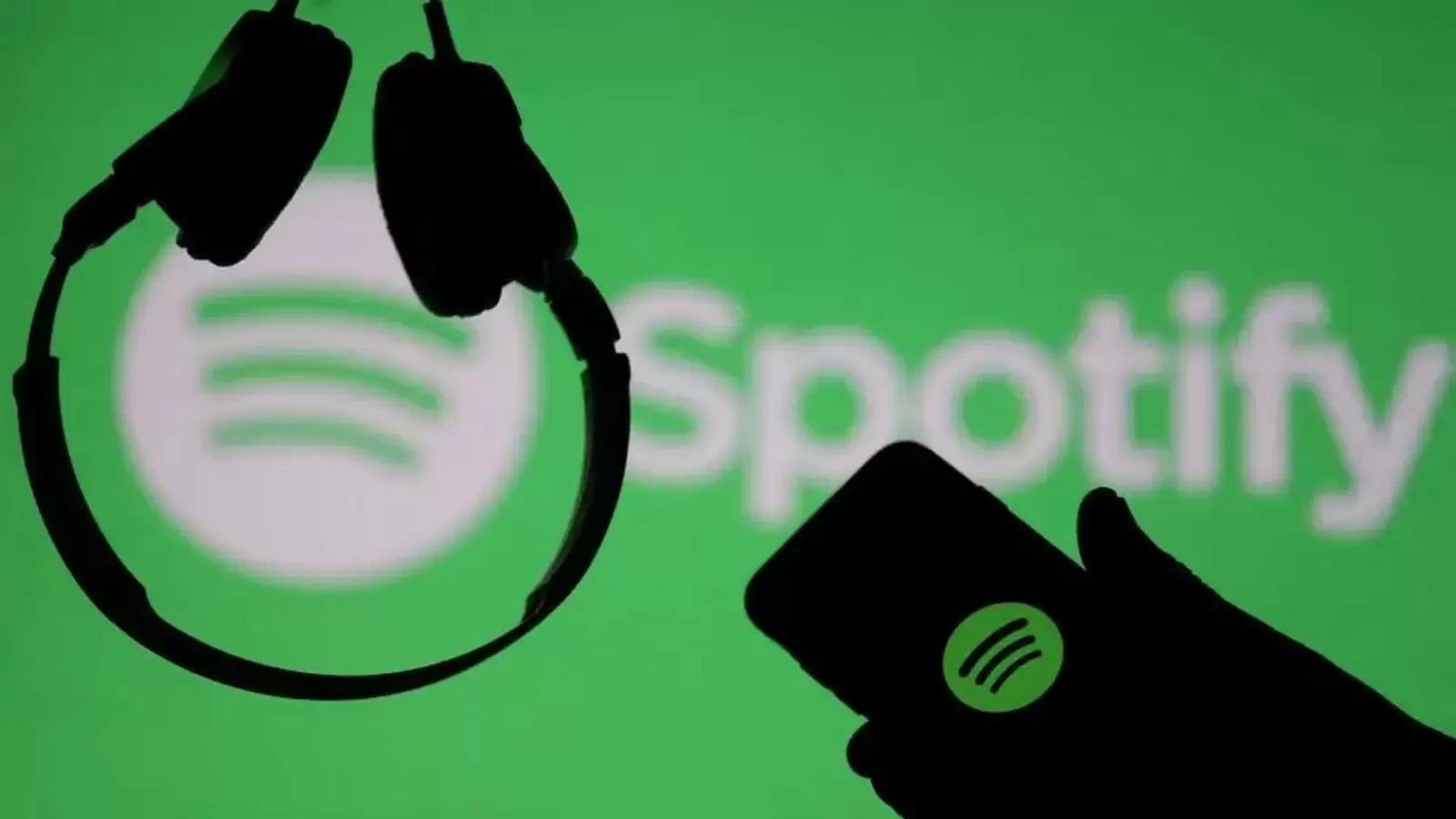Google tests letting apps like Spotify offer own billing
Alphabet Inc.’s Google will begin letting some apps bill users directly as an alternative to paying through Google, a concession amid mounting antitrust concerns over app store fees.

Alphabet Inc.'s Google will begin letting some apps bill users directly as an alternative to paying through Google, a concession amid mounting antitrust concerns over app store fees.
The new system, which Google is framing as an experiment, starts with streaming giant Spotify Technology SA. If a user chooses to pay Spotify directly instead of using Google's billing system, Spotify won't have to give Google its entire 15% fee, according to a person familiar with the matter. A Google spokesperson said the company hasn't sorted out the financial terms yet.
“This is a significant milestone and the first on any major app store — whether on mobile, desktop, or game consoles,” Sameer Samat, a Google vice president, wrote Wednesday in a blog post. The executive said Google would be sharing more “in the coming months.”
Both Google and Apple Inc. have faced pressure from lawsuits and in Congress for requiring app makers to use their payments systems. Google takes a 30% commission on most app store purchases and subscriptions, but lowered the fee in recent years to 15% for media providers like Spotify. Spotify is one of several companies that have complained about the inability to use their own billing systems on mobile app stores.
In South Korea, Google was forced to provide an alternative billing system after regulatory action. In that market, Google said it was reducing app makers' fees by 4%. The new update is meant to work across the globe.
In 2021, consumers spent $133 billion on apps, two-thirds of it on Apple platform, according to Sensor Tower. Across the app's lifetime, Spotify has been installed nearly 1 billion times from the Google Play store, Sensor Tower added.
The move isn't likely to spur Apple to make similar changes. For one, the company has said it doesn't make revenue deals with individual developers, regardless of their size. More importantly, the iPhone maker last year said it would allow media apps, including music apps like Spotify, to link users to the web to complete payments, which would circumvent Apple's 15% to 30% fee entirely. However, that solution wouldn't allow Spotify to build an embedded payment system within their app as will now be allowed on Android.
Epic Games Inc., the maker of Fortnite, has sued Apple over the cut it takes from App Store transactions.
In July, three dozen states sued Google, alleging that the company illegally abused its power over the app industry through the Google Play store on mobile devices. The states called the 30% commission “extravagant” in the complaint.
Separately, Congress is pushing to regulate app stores through the Open App Markets Act, which has the best chance of becoming law among bills aimed at reining in Big Tech. Other major tech companies, such as Microsoft Corp., have lobbied in favor of the bill.
After the news of Google's planned change, Spotify rose as much as 5.7% in after-hours trading, while Match Group Inc., the owner of dating apps including Tinder and Hinge, gained as much as 4%.
Catch all the Latest Tech News, Mobile News, Laptop News, Gaming news, Wearables News , How To News, also keep up with us on Whatsapp channel,Twitter, Facebook, Google News, and Instagram. For our latest videos, subscribe to our YouTube channel.




























